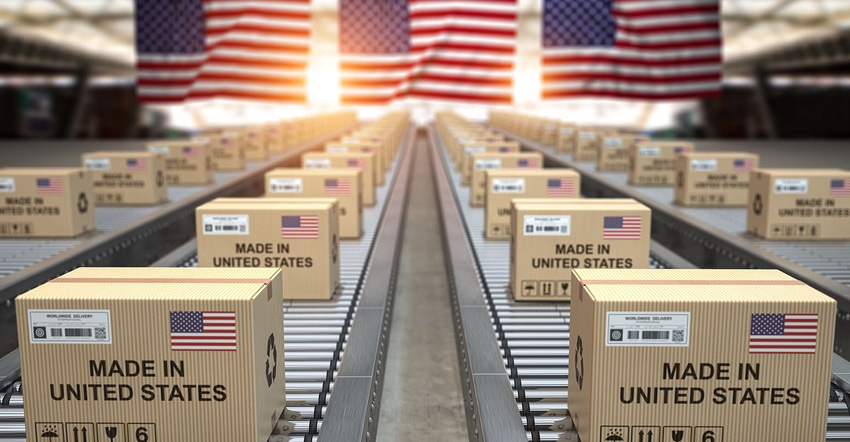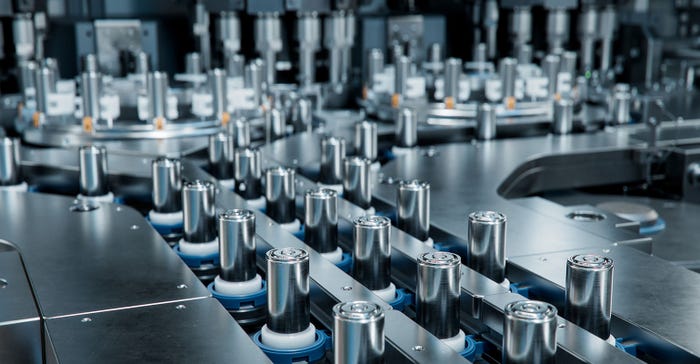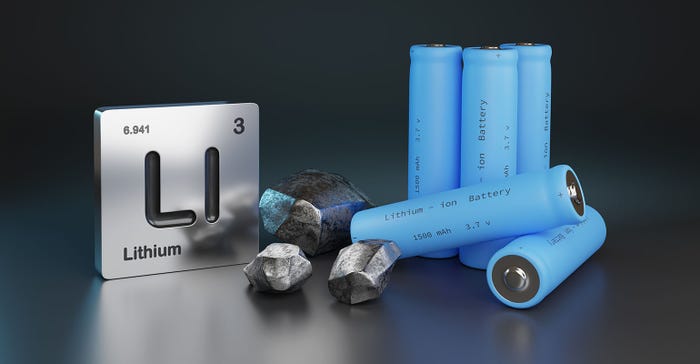US DOE's $15.5B Boost for Electric Vehicles and Manufacturing
The Department of Energy’s funding and loan package is primarily directed toward modernizing current factories for the electric vehicle shift.

The U.S. Department of Energy (DOE) recently unveiled a groundbreaking $15.5B funding and loan package to help American manufacturing and sustainable energy. This initiative marks a significant step towards reshaping the country's automotive industry, supporting job growth, and driving the transition to electric vehicles (EVs). With this funding, the DOE seeks to revamp existing factories, expand domestic battery production, and fortify the nation's supply chains, ensuring a just transition to cleaner, more sustainable transportation and energy systems.
Transforming American manufacturing facilities
The heart of this announcement is the allocation of $2B in grants and up to $10B in loans for automotive manufacturing conversion projects. This financial support is designed to enable the transformation of traditional manufacturing facilities into hubs to produce efficient hybrid, plug-in electric hybrid, plug-in electric drive, and hydrogen fuel cell EVs.
These grants aim to boost the manufacturing of light-, medium-, and heavy-duty electrified vehicles and their components. The focus on a just transition for workers and communities is evident in the preference for projects that commit to maintaining high wages for production workers and collective bargaining agreements. This move ensures that those who have dedicated their lives to this industry as the automotive landscape evolves are not left behind.

By prioritizing projects that contribute to these goals, the DOE ensures that every community benefits from the clean energy transition, reducing disparities and ensuring a fair distribution of opportunities. This aligns with the administration's mission to combat climate change while promoting social and economic equity.
U.S. Secretary of Energy Jennifer M. Granholm captures the essence of this transformative endeavor by saying: “President Biden is investing in the workforce and factories that made our country a global manufacturing powerhouse,” Granholm continued, “Today��’s announcements show that President Biden understands that building the cars of the future also necessitates helping the communities challenged by the transition away from the internal combustion engine.”
These funding opportunities come with application deadlines, with concept papers due on October 2, 2023, and full applications required by December 7, 2023. This timeframe demonstrates a sense of urgency in advancing these initiatives, emphasizing the Biden administration's dedication to driving change swiftly and effectively.
Leveraging loan authority
The second pillar of this announcement revolves around leveraging DOE's loan authority, offering up to $10B for automotive manufacturing conversion projects. Again, the focus is preserving high-quality jobs in communities with existing manufacturing facilities. This includes ensuring that wages, benefits, workplace rights, and even the duration of facility existence are kept or improved. This proactive approach encourages manufacturers to embrace change while ensuring that communities and workers don't bear the brunt of the transition.
Enhancing American battery manufacturing and fortifying domestic supply chains
Furthermore, DOE is determined to strengthen American battery manufacturing and domestic supply chains, announcing its intent to invest approximately $3.5B. This funding will be dedicated to expanding the production of advanced batteries and battery materials, essential components of the clean energy industries of the future, such as EVs and energy storage. This move not only accelerates the growth of the domestic sector but also emphasizes its commitment to equity and environmental justice, underlining its desire to support experienced workers, create high-quality jobs, and promote sustainability.

This comprehensive funding package reflects the Biden administration's holistic approach to economic growth, job creation, and environmental sustainability. By investing in advanced manufacturing, battery technology, and domestic supply chains, the DOE is helping America transition to a clean energy future. This initiative also strengthens national security by reducing dependence on foreign sources and supports the country's climate goals.
This announcement underscores the administration's commitment to a prosperous, sustainable future where the workforce, industry, and the environment thrive harmoniously. As the nation embarks on this journey towards clean energy and economic revitalization, these initiatives will serve as beacons of hope and progress for future generations.
About the Author(s)
You May Also Like





